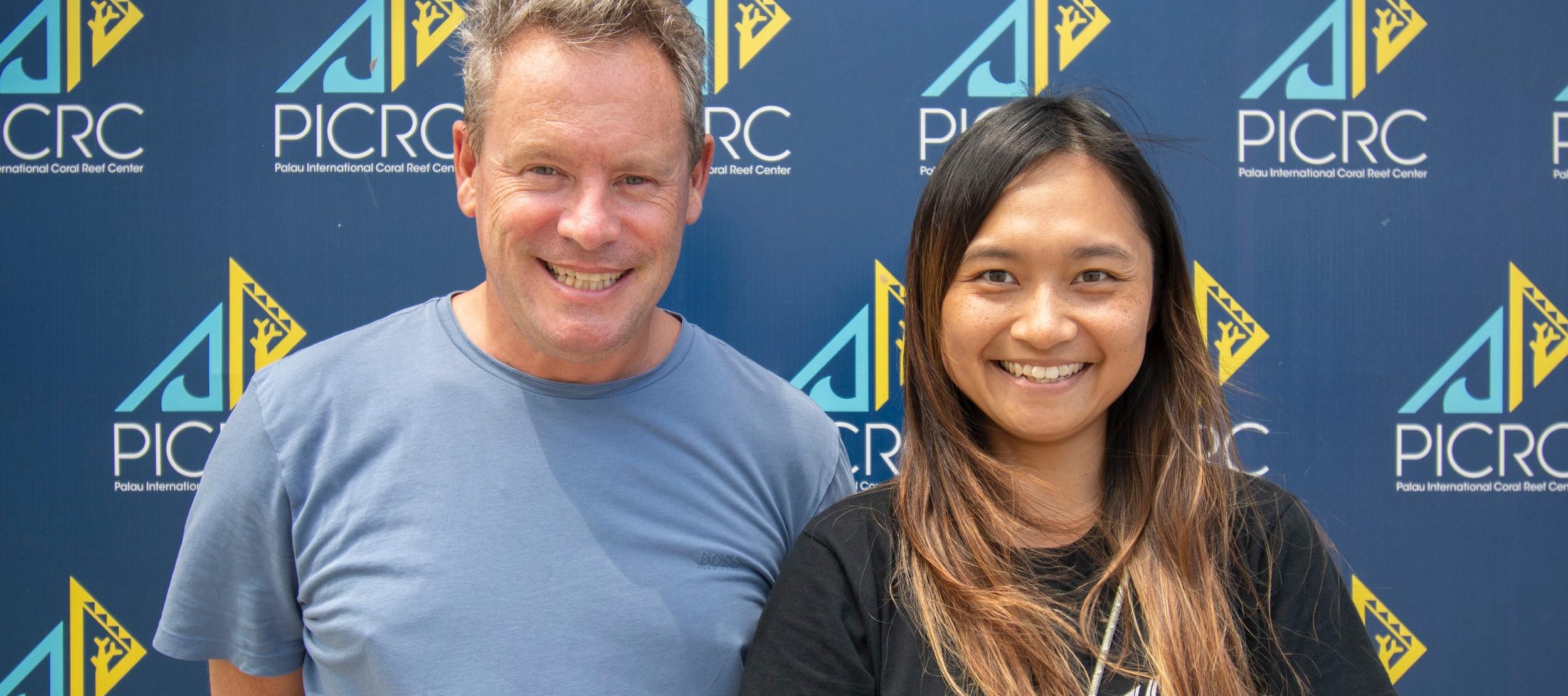- Other
From Hong Kong to Palau: Research to shed light on how corals tolerate different temperatures
Dr Apple Chui, a Research Assistant Professor at the Chinese University of Hong Kong, and members from her lab were based at the Palau International Coral Reef Center (PICRC) from April 1st to April 29th looking at the thermal performance of two species of coral. The work compares the performance of coral species in Hong Kong with related coral species in Palau to see if their environment affects their ability to handle large variations in temperature.
“Hong Kong sees huge differences in the ocean temperature annually—from 14°C in the winter to 31°C in the summer,” explained Dr. Chui. “In comparison, Palau has a stable temperature year-round. These are two extreme scenarios and we wanted to see if the corals have different thermal sensitivity over a range of temperatures, despite being the same, or closely related, species.”
The researchers placed coral fragments collected from Palau’s reefs in two different tanks, one of which had its temperature slowly increased, while the other had its temperature slowly decreased. They measured the coral’s respiration, photosynthesis, growth, and other characteristics. The molecular response, such as the changes in gene expression, will be looked at in Hong Kong.
“There are a lot of unknowns when it comes to the response of coral to climate change,” said Dr. Chui. “We’ve found that the corals in Hong Kong are really impressive, and continue to perform well from 18°C to 30°C. But we want to find out if the thermal performance of corals is fixed or flexible – are they living in their optimal environment already? And how broad is this range? Hopefully we will be able to assess their optimal temperature, thermal breadth, maximum performance, and the variability among corals.”
This work is being conducted in collaboration with Dr. Jamie Stevens from the University of Exeter and Dr. Peter Mumby’s group from the University of Queensland. “PICRC provides excellent facilities for researchers from anywhere in the world,” stated Dr. Chui. “This is a really nice research building and a good research environment. And the coral reefs in Palau are absolutely spectacular.”


